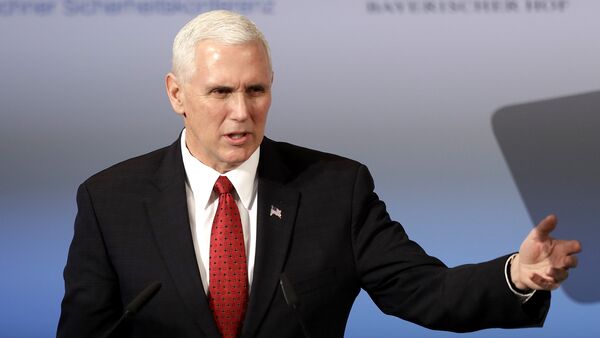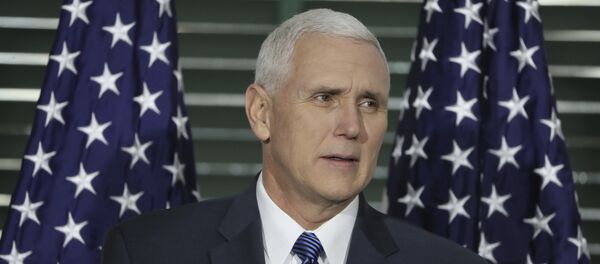Denis Bolotsky — Germany has been hosting the Munich Security Conference since 1962. For decades it has been a closed-bloc privately organized meeting. Russia joined the club in 1995.
The Russian Foreign Minister called for the creation of a “post-West” world order, where each nation has a right to balance its own interests with the interests of other nations. When it comes to the crisis in Ukraine, which didn’t get as much attention at this year’s conference as it did in 2015, Sergei Lavrov said that Russia still sees the Minsk agreements as the key to solving the problem.
Russian FM Lavrov @ Munich Sec.Conference: There is no alternative to dialogue between Kiev, Donetsk, Lugansk. That's Russia's position.
— Denis Bolotsky (@BolotskySputnik) 18 февраля 2017 г.
The US politicians have always been welcome at the Munich Security Conference. But following last year’s US presidential elections the atmosphere has cooled somewhat, since everyone wanted to hear what the newly appointed US officials, including Vice President Mike Pence and US Defense Secretary James Mattis, are going to say to their EU allies following harsh public statements by Donald Trump.
In his recent interview to German tabloid Bild, Trump criticized German chancellor Angela Merkel for her open-door policy towards refugees, calling it a “catastrophic mistake”. Trump also told German reporters that he will impose a 35% tax on BMW cars assembled abroad and imported to the US – something that Bavarian automakers probably didn’t like.
However, it wasn’t Trump’s criticism of German politics and business practices that caused confusion and concern among the participants of the Munich Security Conference as much as it was his statement about NATO becoming obsolete. In January this year Trump told journalists that even though the trans-Atlantic military alliance is important, it “has problems”.
Even though these numbers were not mentioned by US Vice President Mike Pence during his speech at the Munich Security Conference, his call for America’s allies to “go Dutch” on military expenses can be clearly seen between the lines.
"Europe's defense requires your commitment as much as ours", @VP Michael Richard Pence at #MSC2017 #MSC17 pic.twitter.com/5xFKSxUzW7
— Security Conference (@MunSecConf) 18 февраля 2017 г.
Even though in Munich both Mike Pence and James Mattis said that the US will continue supporting NATO, these statements were regarded by many as “mixed signals” from Washington, since they appeared only weeks after Donald Trump’s controversial interview. So, it’s likely that instead of listening to contradictory statements, many European politicians would rather wait for Trump’s actions.



